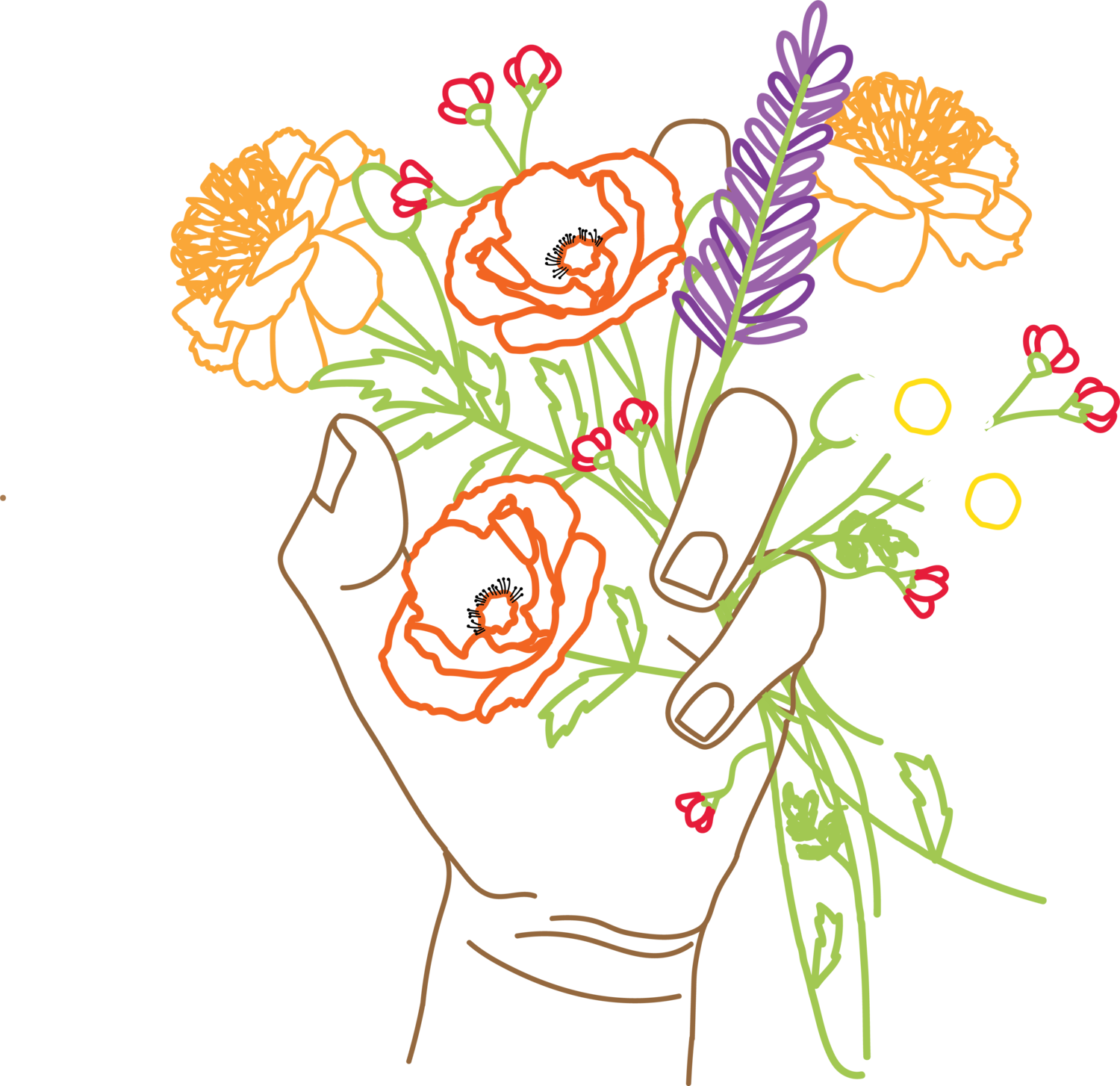searching for mami & abuelita
“I look for my mother and grandmother’s experiences in the literature I read, the classrooms I’m a part of, and the institutions to which I am privy. I seek to name their tenacity and acknowledge their experience y sus esfuerzos. There are moments where I see hints of them bubbling up to the surface. But, in general, I’m still searching for mami and abuelita.”
- wendy barrales, 2019
My PhD work has taken various forms. Every time someone asks me for an elevator pitch of what I'm doing, I have an ambiguous convoluted answer. But at its core it has always been to acknowledge, preserve, and thank the matriarchs of my family of whose shoulders I stand on and marrying this with the work I do with young people. I am incredibly privileged and blessed to live the life I have but it is only because of the women in my life who have sacrificed so much to get me here. This PhD is my way of thanking them and interrupting what "the academy" says about women of color---about mami and abuelita.
In 2016, I interviewed my abuelita Aída about her life in Veracruz. This interview then became the focus of my piece primer país which I workshop(ped) through my Visual Arts Research class. Editing this piece has been both incredibly emotional and healing, and although I've never seen myself as a creative, this is the happiest and proudest I've been throughout my doctoral experience---- hell, it's the happiest I've been in my entire academic career.
the women of color archive (woca) is an intergenerational storytelling project looking to preserve the stories of our matriarchs, femmes, and non-binary folks. I had the privilege to continue this work with my high school students after the interview i conducted with my abuelita. the woca projects are based on a notable woman of color in each students’ life. after a series of interviews, students chose a short audio clip that they found most compelling — audio that encompassed the woca process. The interviews were then preserved through a stop-motion collaged art piece accompanied by audio from the interview and an artist statement. All of these projects exist on a google drive (!!) so I'm investing some time in a soft launch of the website while we have this time at home.
For me, it's the first time in our family that we have anything documented of our history and roots... the first artifact of an ancestor. My hope is that the project resists the erasure of WOC's experiences and that our stories can be listened to/viewed for decades to come.
I want to encourage everyone to interview your mamis abuelitas primas amigas madrinas comadres and any/all other incredible woman in your life. In a not so distant future there will be a place where all of these interviews and pieces will be housed. i hope to share the projects with all of you soon and would love to be in touch as soon as the woca hits the road to include projects from our larger community.
And lastly, this project is deeply inspired not only by womxn I know personally, but by the beautiful art work created by visual artist elise r. peterson @eliserpeterson , poet nayyirah waheed @nayyirah.waheed and performing artist solange knowles @saintrecords . Thank you for your invaluable beautiful work on and BY black women. As a xicana and womxn of color, Not only do you inspire me but you have given words and meaning to feelings I've had bubbling up inside me since birth. You've affirmed my experiences and my existence and the power of ancestors. Mil gracias. Eternally grateful.
un abrazo,
wendy

